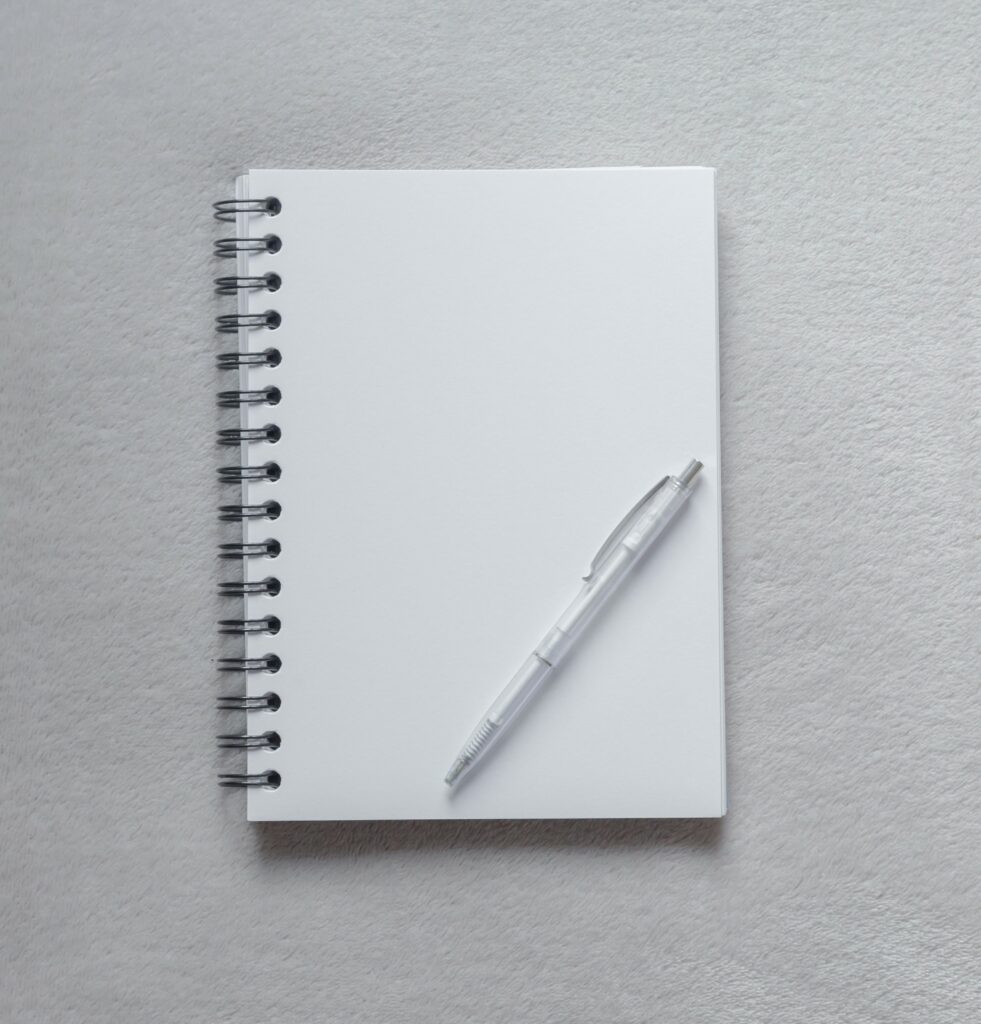
Most kids thrive on routine. The predictability of routine can help kids feel safe and calm and give them confidence that the adults in their lives know what’s going on. Obviously, the school holidays are a disruption to normal term-time routine. Some kids love the extra flexibility and ‘down time’ whereas other kids get bored and dysregulated because the routine is more relaxed, or non-existent. Here are a few pointers to help manage routine during the school holidays.
Ensure you maintain some routine. Keep mealtimes, snack times, and bedtimes very similar, if not exactly the same, as during term-time. Most days keep your morning routine in place, even if it’s a bit later than usual. Get the kids up and dressed, brush teeth and do hair etc. This helps designate that the day has started. You may even decide to pack lunches and snacks, as you would for school so you can grab them when needed.
Plan ahead. Sit down with your kids and map out what is likely to happen during the holidays and when. If you’ve got play-dates or birthday parties, school holiday programs, appointments, work or visitors put these on a calendar. With the left-over time, pencil in other activities that you might like to do. With young children you might like to go through a visual schedule each morning. This will help kids feel settled even though the routine is different to normal.
Consider your holiday schedule. Work out what is over-scheduled and what is under-scheduled for your family. Over-scheduled kids tend to be tired and grumpy, unmotivated to engage even in activities they usually enjoy, and melt-down when it all gets too much. Under-scheduled kids tend to get bored and restless, they become mischievous or destructive, and are often demanding. Both under- and over-scheduled kids tend to be whingy! It’s important to strike a balance in your holiday schedule, considering the needs of your children. If your kids really need consistent routine, consider keeping the same sorts of activities at the same time each day. For example, an outing every morning from 9:30-11:30am, movie or TV time each day at 2:00pm.
As a guide, some unstructured play time, one outing a day (park, friend’s house, a fun trip to the shops), some down-time (movie or TV) and some exercise each day tends to be a good balance for many kids. Older kids might cope with more than this, younger kids might need a little less.
Don’t have unrealistic expectations. Don’t expect the school holidays to be a time for you to catch up on work tasks or jobs around the house. Your kids will need you! They will need you to play with them or watch them play, they will need you to answer questions and help them when required.
Exercise. Schedule exercise every day. Often kids are less active physically and mentally in the school holidays so getting some exercise each day will help tire them out, so they sleep better and are more energized for the next day.
Do you think that you, or your child, would benefit from the support of a psychologist? Call or email Lifeworks Psychology today – (08) 9382 3645 admin@lifeworkspsych.com.au
